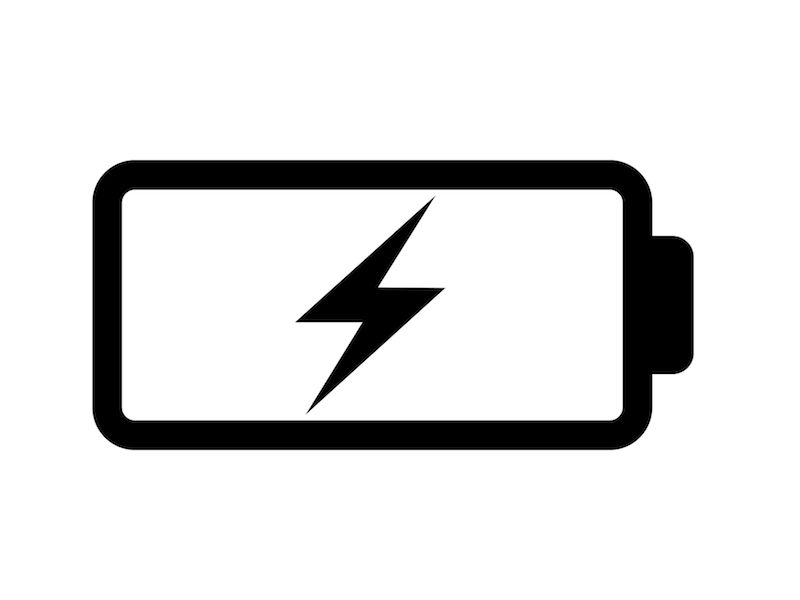
Rechargeable hearing aids are manufactured so that you’ll have to worry less about losing battery power, but the technology may also make you a little anxious when you rely on your devices to hear. Do rechargeable hearing aids work as well as advertised or do they even work at all?
The anxiety is reasonable and so are the question you may have. A hearing aid is often as important for the enjoyment of a tv show or a movie as it is for a trip to the supermarket or any other part of everyday life. When a piece of technology affects so many facets of your life, it’s essential that it work properly and dependably.
How Do I Know What Type of Battery I Have?
Most modern hearing aids have rechargeable batteries by default, so it’s likely if you bought your hearing aids recently, it has one of two kinds of batteries. Silver-zinc batteries, which have a battery door on the back, are rechargeable, but the batteries may have to be replaced every so often. A Lithium-ion battery, however, will not have a battery door because the batteries will last as long as the hearing aid does.
How to Care For Your Rechargeable Hearing Aid
For the most part, rechargeable hearing aids do work, and they work well. The dependability of these devices has increased dramatically in the last several years, as battery technologies have advanced. As it is with any other electronic device, however, there are various easy maintenance procedures that users can take to improve the reliability of their rechargeable hearing aids.
- The Charging Station is Where Your Hearing Aids Should be Stored: If you regularly store your rechargeable hearing aids on their recharging station you can extend the life of your battery. Charging a battery that is not fully drained does not shorten long-term battery life. Actually, you can actually increase the battery life by making sure your hearing aids are charging when not in use. A convenient reminder, for most people, to charge their device when it’s not used, is to set the charging station on a table next to their bed.
- Be Careful of Wires: Either the hearing aid itself or the charging station will have some type of wire element on most hearing aids. Being mindful of these wires is crucial for hearing aid users; do not pull or hold your device by these wires as this will damage the connections that enable your hearing aid to charge.
- Keep Your Hearing Aids Dry and Clean: Your hearing aids will collect debris, dust, and moisture regardless of how often you use them. Your hearing aid may not completely charge if it is exposed to any of these three elements. That’s why it’s essential to keep your hearing aids clean and dry particularly when connecting your hearing aid to its charging station.
How to Replace a Rechargeable Battery
Lithium-ion batteries will normally last the as long as your device does. As a result, you should not need to worry about changing those batteries. Simply continue recharging your hearing aids as long as needed.
Hearing aids that rely on silver-zinc batteries, however, may call for new batteries now and then. The lifespan of your battery can be increased by changing them in the right way. As such, the majority of people who use these hearing aids are counseled to:
- Make certain you have a dry, room temperature spot to keep your batteries.
- Clean and free of moisture is the state that your battery compartment should be kept in.
- Don’t remove any plastic tabs or packaging until you’re ready to use batteries.
- Ensure you wash your hands before replacing your hearing aid batteries.
- Let the batteries sit out at room temperature for at least five minutes before removing any tabs that may be attached.
Long Periods of Non-Use
If you are planning not to use your hearing aids for long amounts of time, leaving them on the charger might no longer be the best way to store your devices. If, for example, you know that you won’t be wearing your hearing aids for a few weeks or months, you can just disconnect the charger and put your hearing aids in a cool and dry place.
Think about leaving the battery door open so you can stop moisture from corroding the batteries if you use silver-zinc batteries.
Rechargeable for Everyday Use
For most people, and for everyday use, charging your hearing aids once a day should be enough for all of your requirements. A lithium-ion battery, for example, will usually require only 3-4 hours to charge sufficient battery power for a 24 hour period.
Do rechargeable hearing aids work? Not only do they work, but rechargeable hearing aids will very likely become more and more common and reliable as the technology continues to improve. To see all the different models, get in touch with your local hearing aid retailer.
